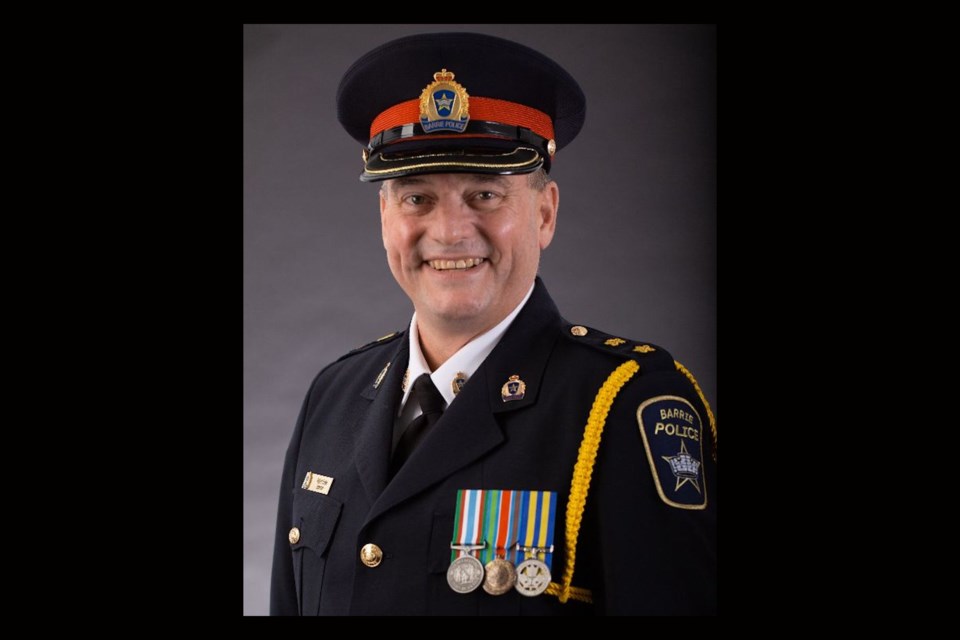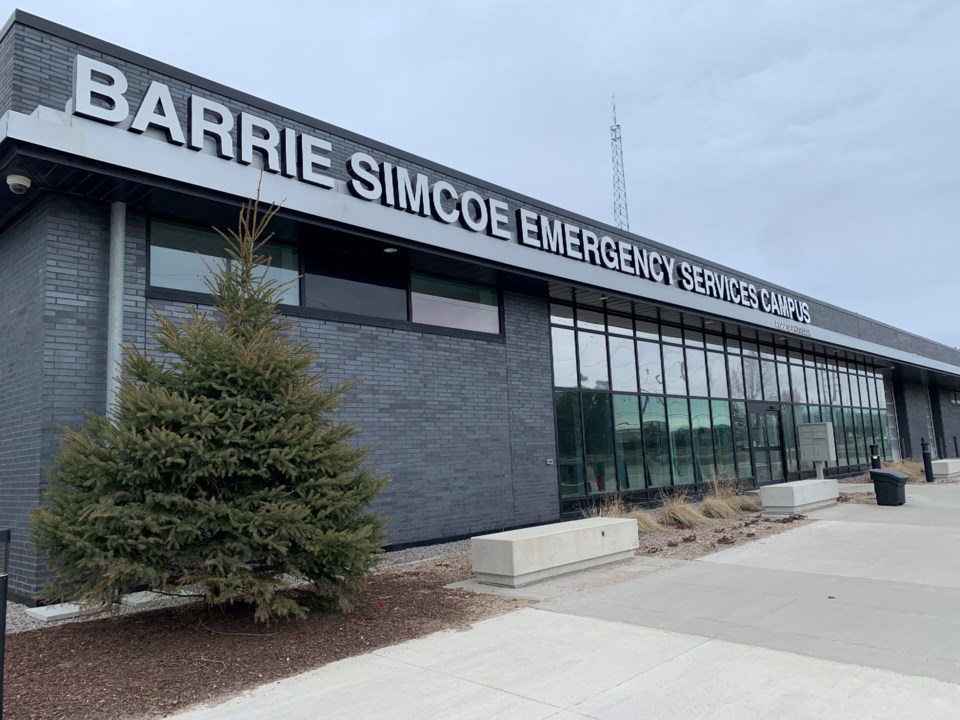The Barrie Police Service says it's ahead of the curve as it prepares for the official overhaul of the province’s more than three-decades-old law governing policing in Ontario.
In March 2019, the provincial government passed the Community Safety and Policing Act, 2019 (CSPA), as part of the Comprehensive Ontario Police Services Act, 2019.
The CSPA, which comes into effect April 1, includes rules and regulations covering everything from oversight to discipline.
Once in place, the CSPA will replace the current Police Services Act. The province says the goal is to “modernize policing and enhance community safety in Ontario."
According to a report presented during Thursday morning’s Barrie Police Services Board meeting, there are currently 21 new or updated policies and 10 bylaws that are ready for the board to review in advance of the April 1 deadline.
The CSPA is updating the wording, Deputy Chief Rob Burke explained following the meeting, adding local police anticipate changes coming continually.
“We are very fortunate. We have a specific office and a person who is very good at maintaining our policies and procedures," he told BarrieToday. "We started back in the fall. This has been discussed for quite a length of time. Our policies and procedures office have been anticipating what we need to do in order to be in compliance come April 1.
“It’s like we knew the assignment was due April 1, so we started working on the essay in November," Burke added. "We are in a very good position to have, for instance, our board policies and bylaws reviewed and ready to be implemented in an updated fashion come our next board meeting.”

Part of the CSPA for police services boards is specific training, he noted, adding board members were made aware of this back in February.
“They were doing their homework before the assignment was due, too," Burke said.
The deputy chief said as Barrie police has been preparing for the changes, it’s been more about doing some research, anticipating what is there, what is going to be implemented and being ready for that — as well as being ready for the inevitable changes that are going to come.
“It’s much easier if we are at a good start-state to implement those changes versus scrambling to try to get up to par and also implement all the changes that are happening," Burke said.
One new section of the CSPA indicates boards will be required to publish any directions given to the chief of police online.
“We expect changes to continue until such time as it’s settled down, which could be days, months or years," Burke said. "The section in there just clarified in regards to what direction the board could give to the chief. It always has been, and it’s still in there, that they cannot interfere in investigations or give directions for specific operations."
Boards will also need to prepare and adopt a diversity plan to ensure that members of the police service reflect the diversity of the area.
“You always want to separate governance and operations," Burke said. "What they have done is if they become aware of a situation or a concern from the community that they’d like the police to address, they can give general direction to the chief and ask how police will be dealing with that.”
Under the CSPA, the board will also be required to create an equity, diversity and inclusion (EDI) plan.
Burke said the recommendation is that their plan should align with the municipality’s plan.
“As a service, we have that in our strategic plan. The board has a framework for it, but what it needs to do is make sure it aligns with what the City of Barrie is putting out," he added.
Burke said as a police service, they are always trying to reflect and understand the community they are policing.
“Being inclusive … goes along with the chief’s evidence-based approach of being legitimate within the community, being viewed as approachable and being viewed as having legitimate authority within the community," he said. "That’s not only legislative authority, but that the police are viewed as a fair and equitable service with the community."
“An EDI plan allows us the opportunity to understand the perspectives of others and then approach it from their perspective versus ‘this is how it’s going to be’. I certainly think it’s beneficial to understand and walk a mile in someone’s shoes," Burke added.


